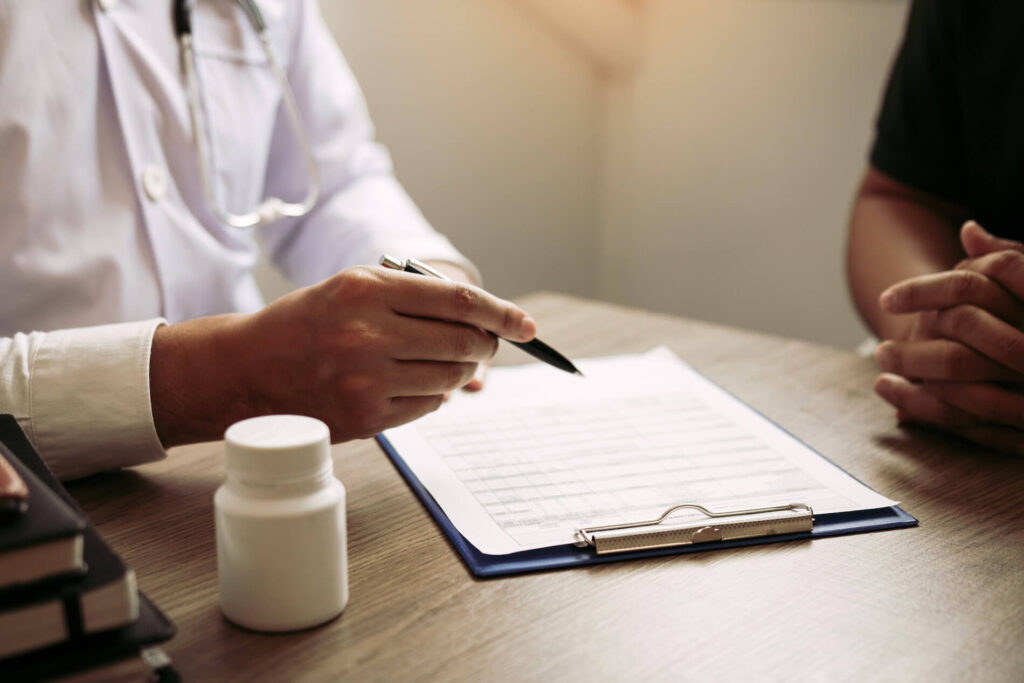
The Dangers of Using Unprescribed Pills
In a world where information is readily accessible, it’s tempting to believe that we can take control of our health by self-diagnosing and self-medicating. However, the dangers of using unprescribed pills cannot be overstated. There are risks and consequences associated with using medications without professional guidance, highlighting the critical importance of seeking expert advice.
The allure of quick fixes and easy solutions often leads individuals to experiment with unprescribed pills, ranging from pain relievers to antibiotics and even more potent substances. While it might seem harmless at first, this practice can have severe repercussions for your health.
The Risks and Consequences
- Inaccurate Diagnosis: Professionals undergo rigorous training to diagnose medical conditions accurately. Self-diagnosis, on the other hand, is often based on incomplete information and may lead to inappropriate medication use.
- Adverse Reactions: Medications interact differently with each person’s unique physiology. What works for one individual might be harmful or ineffective for another, leading to adverse reactions that range from mild discomfort to life-threatening situations.
- Masking Underlying Issues: Unprescribed pills may provide temporary relief, masking underlying health problems. This delay in proper diagnosis and treatment can worsen conditions and complicate future medical interventions.
- Development of Resistance: Misusing antibiotics or other prescription medications can contribute to the development of drug-resistant strains of bacteria, rendering essential treatments ineffective in the future.
- Organ Damage: Some medications can have toxic effects on organs, especially when taken in incorrect doses or without proper monitoring. Kidney, liver, and cardiovascular damage are potential risks.
The Importance of Professional Guidance
Using medications without professional guidance is like navigating uncharted waters without a map. Health professionals, such as doctors and pharmacists, have the expertise to determine the appropriate treatment based on a thorough evaluation of your medical history, existing conditions, and potential interactions.

Tips for Safe Medication Use
- Always Consult a Professional: Whether it’s over-the-counter pain relievers or prescription antibiotics, consult a healthcare professional before using any medication.
- Follow Prescribed Dosages: If you’re prescribed medication, follow the dosages and instructions meticulously. Never increase, decrease, or skip doses without consulting your doctor.
- Disclose All Medications: Ensure your healthcare provider is aware of all medications you’re taking, including supplements and herbal remedies, to prevent adverse interactions.
- Don’t Share Medications: What works for one person might be harmful to another. Never share your medications with others or take someone else’s prescription.
- Educate Yourself: While seeking professional guidance is paramount, educating yourself about your medications can help you ask informed questions and actively participate in your healthcare.
The allure of a quick solution shouldn’t outweigh your long-term well-being. Using unprescribed pills can have serious consequences that extend beyond what’s immediately visible. Your health deserves the attention of professionals who can guide you toward safe and effective treatments.
In a world of health information, remember that your health is too valuable to leave to chance. Seek expert guidance, prioritize your well-being, and make informed decisions about your medications.
